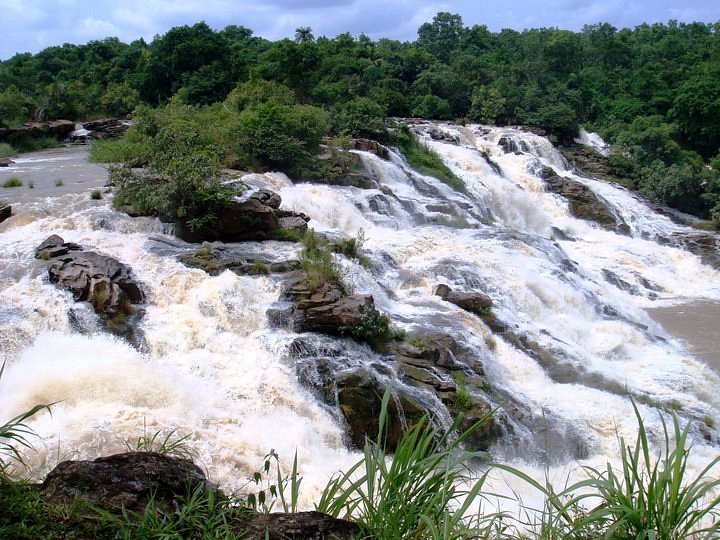Tourism: Exploring The Ecological Wonders Of Nigeria (I)

By Ojugbele Omotunde
Nigeria is a dynamic country that is home to many different cultures and breathtaking natural beauty.
With more than 250 distinct ethnic groups, each with its own language, traditions, and customs, Nigeria presents a diverse range of natural and cultural history.
Ecotourism offers a remarkable chance to encounter Nigeria’s singular fusion of colorful cultures, breathtaking scenery, and abundant biodiversity.
Ecotourism is a sustainable tourism approach that prioritizes environmental conservation, community development and encourages responsible travel to natural areas, conservation efforts, and positive experiences for both visitors and host communities.
In Nigeria, ecotourism offers a unique opportunity to preserve the country’s natural landscape while promoting sustainable development, if harnessed.
By combining the allure of Nigeria’s natural beauty with its diverse cultures, ecotourism can provides a platform for cultural preservation, economic empowerment, and environmental conservation.
Some Eco tourism destinations in Nigeria
Badagry
Situated in Lagos, South Western Nigeria, Badagry is a renowned location with an abundant historical and cultural value. The town provides visitors with the chance to explore historical locations such as the Badagry Heritage Museum and the notorious Slave Port, which is also referred to as the “journey of no return”.
Badagry is also home to stunning natural locations like Whispering Palms Beach in addition to its historical attractions which is one of Nigeria’s top ecotourism sites is the area rich in natural resources.
Erin-Ijesha Waterfalls
Situated close to Ilesha in Osun State, Southwest Nigeria, are the Erin-Ijesha Waterfalls, also called Olumirin Waterfalls. They are a breathtaking natural attraction. Climbing the stony mountain and soaking in cool waterfall showers are great ways for visitors to get some exercise.
Gurara Waterfalls
Another must-see Nigerian ecotourism location is Gurara Waterfalls. A vibrant and abundant natural attraction, the waterfalls enthrall both adventure seekers and lovers of the outdoors.
Lagos’s Allure:
The largest city in Nigeria, Lagos, offers a distinctive fusion of ecotourism and urban living. Several eco-friendly tourism attractions can be found in the city, such as Tarkwa Bay, Badagry, Epe Mangrove, Omu Resort, and Lekki Conservation Centre.
These places demonstrate the city’s dedication to preserving clean coastal areas and urban green spaces while also providing tourists with a wide variety of sustainable excursions.
Lekki Conservation Center
The Nigerian Conservation Foundation founded the Lekki Conservation Centre in 1990 which is located in the center of Lagos and covers 78 hectares. The center is a natural reserve that offers a home to a variety of wildlife species and acts as a peaceful haven away from the bustle of the city.
Mangrove Epe
Situated roughly 96 kilometers east of Lagos, the Epe Mangrove is yet another breathtaking ecotourism destination. The mangrove forest provides visitors with a tranquil haven from the busy city life, extending from the Lekki-Ibeju axis to Epe town.
Tarkwa Bay
Tarkwa Bay is an artificial beach that is secluded and can only be reached by boat or water taxis. It is evidence of Lagos’s dedication to preserving clean coastal areas. The bay provides swimmers and lovers of water sports with a hygienic and friendly atmosphere.
Omu Resort
The Omu Resort, which is a refuge for adventure seekers and is situated in Bogije, Ibeju Lekki, offers a wide variety of rides and attractions set against the backdrop of lush natural beauty, giving guests an amazing experience.
Nigeria’s ecotourism industry has potential, but it also confronts obstacles like poor government, insufficient infrastructure, instability, and cultural diversity.
But these also offer chances for expansion, and making investments in infrastructure, bolstering security, boosting awareness, and encouraging cultural appreciation can help to realize the sector’s full potential and support sustainable development.
